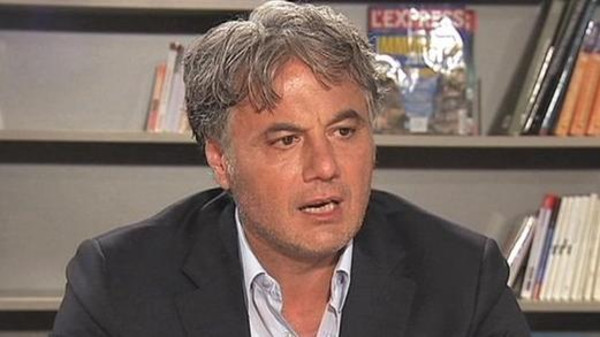Joint military council shows Syrian political solution doomed: Syrian opposition member
QAMISHLI, Syria (North Press) – The concept of a joint military council between the Syrian government and Syrian opposition headed by Brigadier General Manaf Tlass “is evidence of the Syrian political solution’s doom,” a Syrian opposition member said on Monday.
With the approaching Astana meeting of the Astana countries (Russia, Turkey, and Iran), where they will discuss the Syrian issue following a briefing by UN Envoy Geir Pedersen, the military council has come to the surface in the Syrian political issue.
“After holding five failed meetings over a year and three months, the Constitutional Committee’s works were obstructed as old calls to form a joint military council between Syrian government and opposition led by the Brigadier General Manaf Tlass came to the surface again with a new face,” the member of the executive office of the National Coordination Committee for Democratic Change Abdulqahar So’ud told North Press.
“The project of the military council and accompanying media promotions aim to form an internationally supported military governing platform for Syria,” he pointed out.
With the idea of the military council, “political activities will be postponed to later phase,” according to So’ud.
He said that this has been one of the most obvious pieces of evidence of “the political solution’s doom and obstruction of ongoing negotiations; this took place 23 days after Joe Biden’s inauguration.”
“Does Syria really need a military council to govern the country with the regime’s soldiers?” the opposition member wondered.
“Or is it other choices by the current international paths to urge the disputing parties over this issue to gather for the Syrian discussion’s negotiations?” he added.
He pointed out that the council idea potentially would be a test raised by international and regional powers to start new paths away from UN Resolution 2254 in order to solve the disputes between the government and opposition regarding the president’s powers in the Syrian constitution allegedly written in the Constitutional Committee.
Statements of those who have internationally and locally promoted the idea “have not received the acceptance and encouragement by some international and local parties,” according to So’ud.
“The council is similar to the Sudanese experience of governing according to real participation between the civil and military councils and alternately,” he mentioned.
Meanwhile, the military council is a part of the transitional governing body and its executive means rather an alternative, according to the Syrian opposition member.
“The transitional governing body cannot implement the main tasks of guarantees of the safety of Syrian lands, removal of foreign armies, Syrian government institutions, freedom of political action, and adherence to the constitution,” he said.
The military council consist of government officers who served during the rule of both Assad presidencies, did not stain their hands in blood, and did not participate in killing activities with opposition dissent officers.
So’ud said that the idea of the council has borne “major contradictions due to the military mindset over the hierarchical concept and the Syrian military mindset not to be subjected to a civil power’s instructions and orders that has been deep-rooted for years.”

